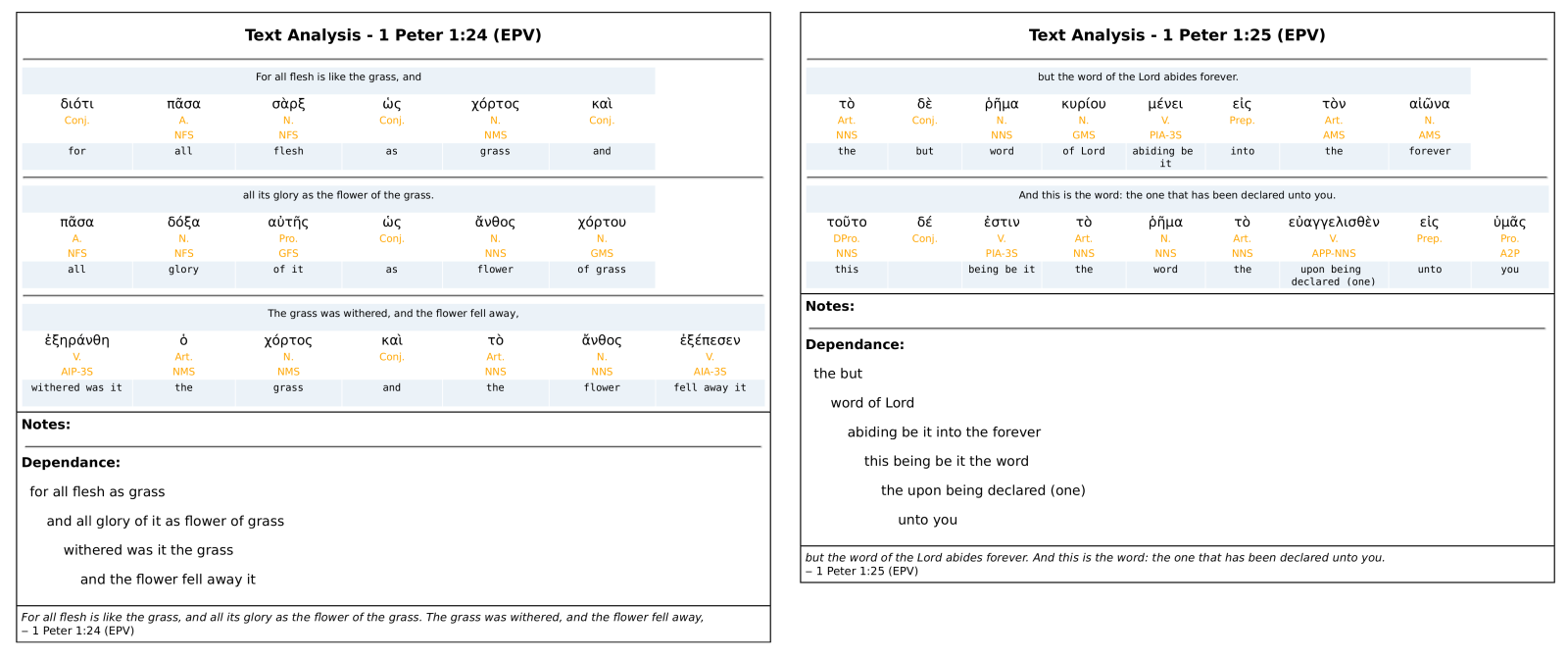The understanding of a passage must be in agreement with the historical reality it describes. Had John been writing about Jesus before His death, resurrection, this understanding would make sense:
And the logos becomes flesh and dwells within us, and we behold the glory of it, a glory as of an only begotten of a father; full of grace and truth.
However, this conveys the message He is still dwelling among us which is historically incorrect:
And when he had said these things, as they were looking on, he was lifted up, and a cloud took him out of their sight. And while they were gazing into heaven as he went, behold, two men stood by them in white robes, and said, “Men of Galilee, why do you stand looking into heaven? This Jesus, who was taken up from you into heaven, will come in the same way as you saw him go into heaven.” (Acts 1:9-11 ESV)
Since Jesus returned to heaven, the historical reality is a simple statement of the past:
"And the Word became flesh, and dwelt among us, and we beheld His glory, glory as of the only begotten from the Father, full of grace and truth." NASB
The fact Jesus no longer dwells among us grounds the passage in the past tense.
At the same time, the condition described cannot be reduced or limited on the basis of the grammatical construction of the passage. Rather, it is clear the writer is conveying the dynamic character of the Word and must be understood accordingly. "The logos becomes flesh and dwells within us" is inaccurate because the logos which became flesh returned to heaven. Yet John clearly indicates this is only a temporary condition:
Let not your hearts be troubled. Believe in God; believe also in me. In my Father's house are many rooms. If it were not so, would I have told you that I go to prepare a place for you? And if I go and prepare a place for you, I will come again and will take you to myself, that where I am you may be also. (John 14:1-3 ESV)
During the temporary period of interruption, the Word will still be present:
And I will ask the Father, and he will give you another Helper, to be with you forever, even the Spirit of truth, whom the world cannot receive, because it neither sees him nor knows him. You know him, for he dwells with you and will be in you. I will not leave you as orphans; I will come to you. (John 14:16-18 ESV)
And the Word will remain the same:
When the Spirit of truth comes, he will guide you into all the truth, for he will not speak on his own authority, but whatever he hears he will speak, and he will declare to you the things that are to come. (John 16:13)
Thus John describes both the dynamic and progressive and continuing nature of the unchanging Word. Attempting to constrict the passage by a reliance on the grammar ignores the physical realty John describes: the logos which became flesh and dwelt within us has been replaced with the ἄλλον Παράκλητον which dwells within those who receive Him (during His temporary absence in the flesh):
Do you not know that you are God's temple and that God's Spirit dwells in you?
(1 Corinthians 3:16 ESV)
Understanding the passage as "the logos becomes flesh and dwells within us" ignores and denies the present tense condition of the promised ἄλλον Παράκλητον during the temporary absence of the logos in the flesh.
